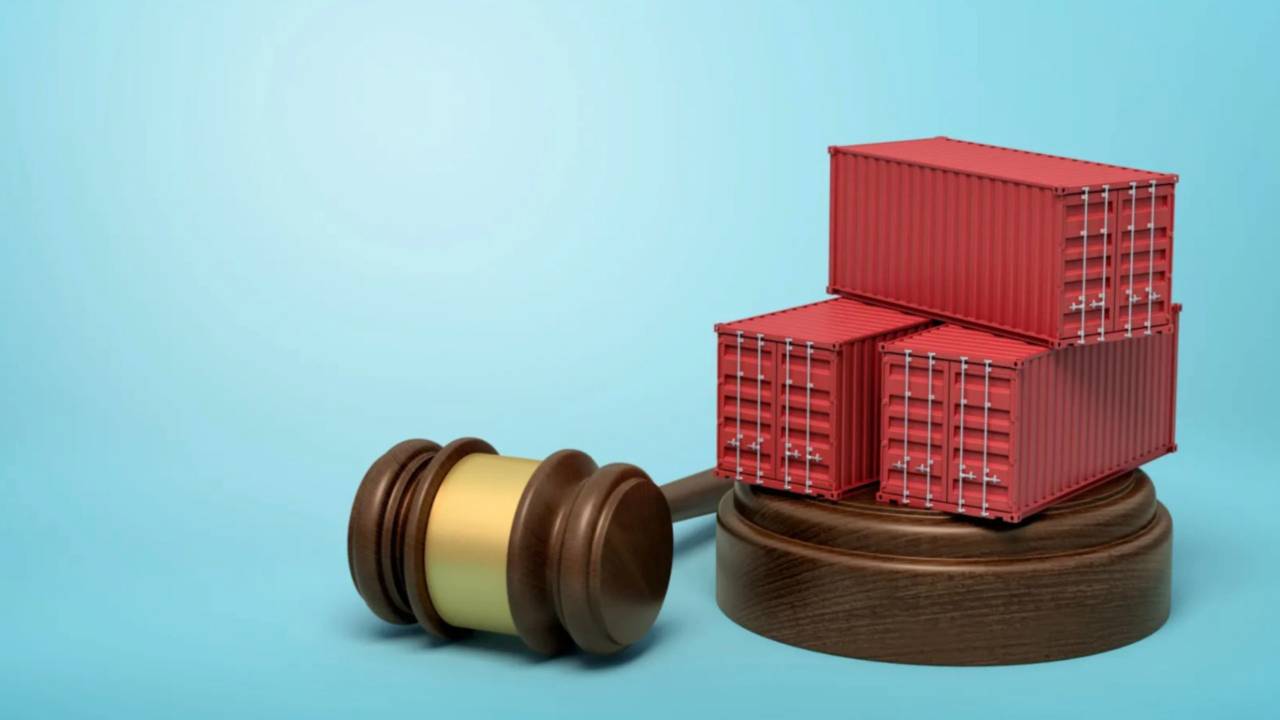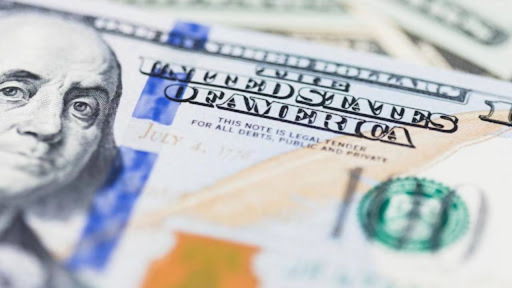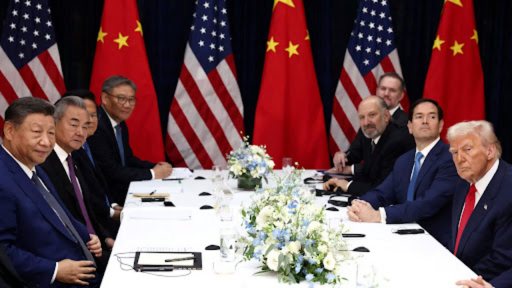Trump’s tariff agenda reaches the Supreme Court

Image: Shutterstock/Gearstd
The Supreme Court is set to hear arguments later today in a blockbuster case centered around the fate of most of President Trump’s signature tariff policies.
SCOTUS’ eventual decision in this morning’s case has the potential to reshape the US economy, global diplomacy, and future presidential power.
How we got here: Earlier this year, a coalition of small business owners and Democrat-led states sued the Trump administration over the president’s legal authority to impose wide-ranging “reciprocal” tariffs in early April, which targeted goods from nearly every country in the world.
- Congress holds exclusive power to levy taxes on citizens and tariffs on imports under the Constitution, with limited exceptions giving presidents some discretion during times of national emergency.
- The key question in today’s case is whether the 1977 International Emergency Economic Powers Act grants US presidents the ability to declare an emergency that allows them to unilaterally set tariffs.
The arguments
President Trump and his administration argue that the 1977 law’s broad text—which gives the president authority to “regulate” the “importation” of goods to protect national security—allows Trump to impose wide-ranging tariffs, as long as he declares a national emergency.
- They also argue reciprocal tariffs are necessary to counter the national emergency posed by unfair foreign trade practices, and that US courts should defer to executive power in economic and foreign affairs.
- In a social media post yesterday, Trump said the US would be "virtually defenseless" against other nations if the Court strikes down most of his tariffs, describing the case as “literally, LIFE OR DEATH.”
On the flip side: Democratic lawmakers, some business owners, and three previous court rulings contend that Trump’s reciprocal tariff plan exceeds his presidential authority under the Constitution.
- They say the 1977 law doesn’t justify sweeping trade actions without Congress’s approval, and warn that upholding his actions would set a dangerous precedent of expanded presidential power.
- Critics also cite harm to consumers, businesses, and global trade stability.
What’s at stake
Analysts say a decision in favor of Trump would have far-reaching impacts beyond trade policy, and could shape whether the use of emergency powers to bypass Congress becomes a routine tool of governance for US presidents moving forward.
A ruling against Trump could also carry a significant impact.
- Along with greatly restricting the president’s powers in imposing tariffs, it could set off a chaotic refund process, result in a loss of record-high tariff revenue, and undermine recent US trade deals.
- However—the Trump admin says that in the event its tariffs are struck down by SCOTUS, officials will work to replace them using other, more process-heavy trade laws.
Looking ahead…Oral arguments before SCOTUS begin at 9 am CT. The Court’s final decision is expected sometime before the end of its term in late June.
📊 Flash poll: In your opinion, how should the Supreme Court handle the legality of President Trump’s reciprocal tariff plan?
See a 360° view of what pundits are saying →

Sprinkles from the Left
- Some commentators argue that this is the most consequential case of SCOTUS’ entire term, and it’s harder than usual to predict how the final margin will end up because there are so many potential swing votes among the Justices.
- Others contend that it will be interesting to see how SCOTUS’ conservative justices reconcile their deference to Trump with the method they embrace in other contexts for interpreting the law, since both of those things are pulling in the opposite directions.
- “The Supreme Court justices to watch during the tariffs oral argument” –WaPo Editorial Board
- “Tune In to the Supreme Court on Wednesday. The Justices Will Be Squirming.” –Linda Greenhouse, NY Times
- “Interesting Trade-offs on Trade Await the Supremes” –John Authers, Bloomberg

Sprinkles from the Right
- Some commentators argue that SCOTUS should strike down Trump’s tariff authorities, since his arbitrary taxation without representation (via tariff policies) is precisely what the Constitution’s Framers sought to prevent when they gave power over taxes and trade to Congress, instead of the presidency.
- Others contend that SCOTUS may choose to uphold Trump’s tariff plans due to the potential economic fallout from disrupting a sitting president’s signature economic policy after it’s already reshaped the global trade landscape.
- “The Tariff King and the Supreme Court” –WSJ Editorial Board
- “Why the Supreme Court may choose to uphold Trump’s tariffs” –Lily Mae Lazarus, Fortune
- “Presidential power and the Supreme Court’s own stature ride on this case” –George F. Will, WaPo
Share this!
Recent Discussion stories

Discussion
| November 3, 2025Americans continue to lose faith in capitalism
The number of Americans who say they’re disillusioned with capitalism has grown to reach new all-time highs in recent years.

Discussion
| October 31, 2025The US and China reach trade truce, but tensions remain
President Trump and Chinese President Xi Jinping reached a trade truce during a high-stakes summit in South Korea early yesterday morning, in a deal that de-escalates recent tensions between the world’s two largest economies.

Discussion
| October 29, 2025OpenAI has completed its for-profit transition
OpenAI officially adopted a new for-profit structure yesterday following a lengthy legal saga, in a change allowing the ChatGPT-maker to operate more like a traditional company and potentially hold an IPO in the future.
You've made it this far...
Let's make our relationship official, no 💍 or elaborate proposal required. Learn and stay entertained, for free.👇
All of our news is 100% free and you can unsubscribe anytime; the quiz takes ~10 seconds to complete